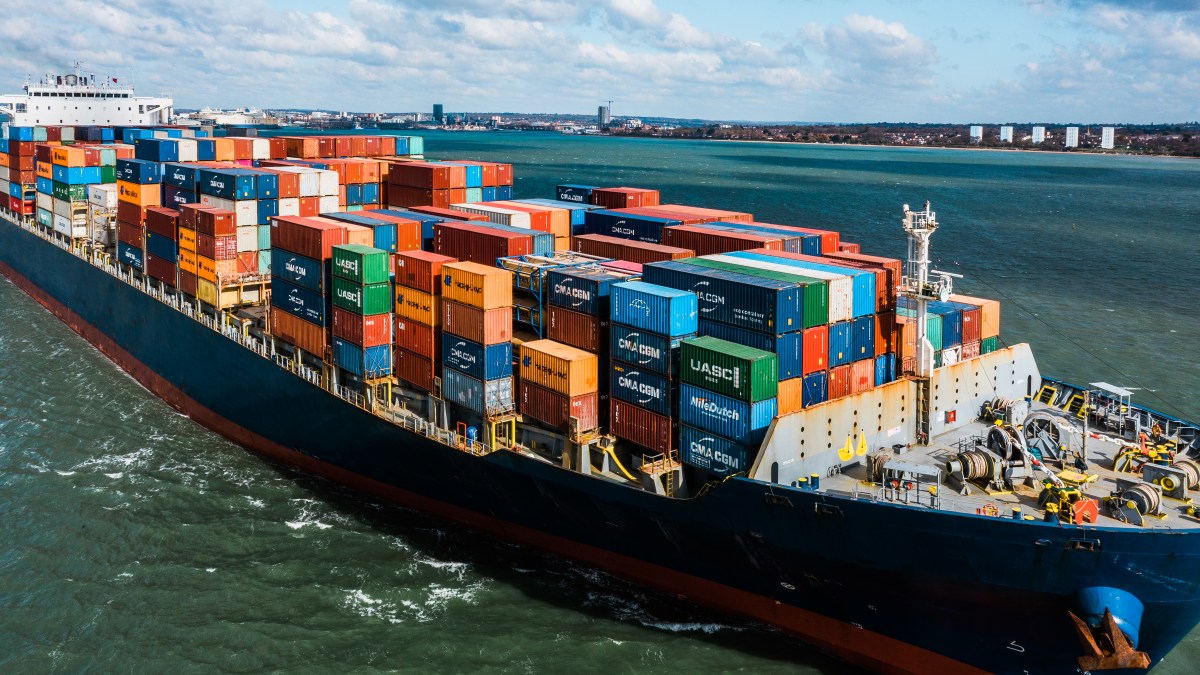UK companies dealing with the Trump government scrapping the $800 duty-free threshold for goods exported to the US will have to pay “hundreds of millions of pounds” in extra administrative fees alone each year, according to a business group.
The ending of the “de minimis” threshold, which comes into effect in the US from today, will be akin to Brexit for companies in terms of shock to trade, the British Chamber of Commerce’s head of research, David Bharier, said.
Bharier said the bureaucratic change for parcel goods into the US will cost UK businesses, who will now be required to purchase customs declaration forms for each item sent, as well as importers who will have to pass on the extra costs to customers.
“It’s obviously going to have a dampening effect on customer demand. It will be the importer who pays the costs and these will be passed on to customers,” Bharier told The Times.
With more than 1.4 billion parcels under the $800 limit exported to the US from across the world every year, including from the UK, the total cost to UK business is expected to be in the “hundreds of millions of pounds” each year, according to Bharier.
“There will be many unseen effects that will be difficult to quantify immediately, including confusion among business and delivery firms, backlogs at the US border and shifts in US consumer spending habits,” he said.
“One clear immediate impact is on administrative costs. Businesses will now need customs entries and declarations for each shipment, adding potentially hundreds of millions of pounds on the cost for exporters annually, even before the actual tariff.”
Customs declaration forms vary depending on the goods being exported, but can cost on average £30 per parcel.
The most recent estimate of the value of goods shipped from the UK to the US under the de minimis exemption was £5 billion a year in 2021.
Royal Mail suspended its parcel packages to the US this week while they initiated a new system that came into effect on Thursday through a new postal delivery duties paid (PDDP) service. Iain Johnson, managing director of the international arm of the company, said: “Our UK-based customers, whether consumers or businesses, can now send items to the US through all of our usual channels, including online and the Post Office.”
Apart from the impost on business preparing to send goods to the US, when it used to be free, the cost of the lost business from more expensive goods could run into the billions of pounds each year.
But experts said it was still too early to quantify the financial damage from the trade change.
Martin Hamilton, partner and head of retail and national accountancy at business advisory firm Menzies, said the end of the de minimis threshold in the US would be a major setback for UK exporters.
“Retailers with large American customer bases will be hardest hit, facing higher costs, disrupted logistics, and tougher competition against US rivals,” he said.
Mr Hamilton said a typical $100 order to the US could now incur an additional $30 to $50 in costs, depending on the final sales tax rate adopted by US authorities.
